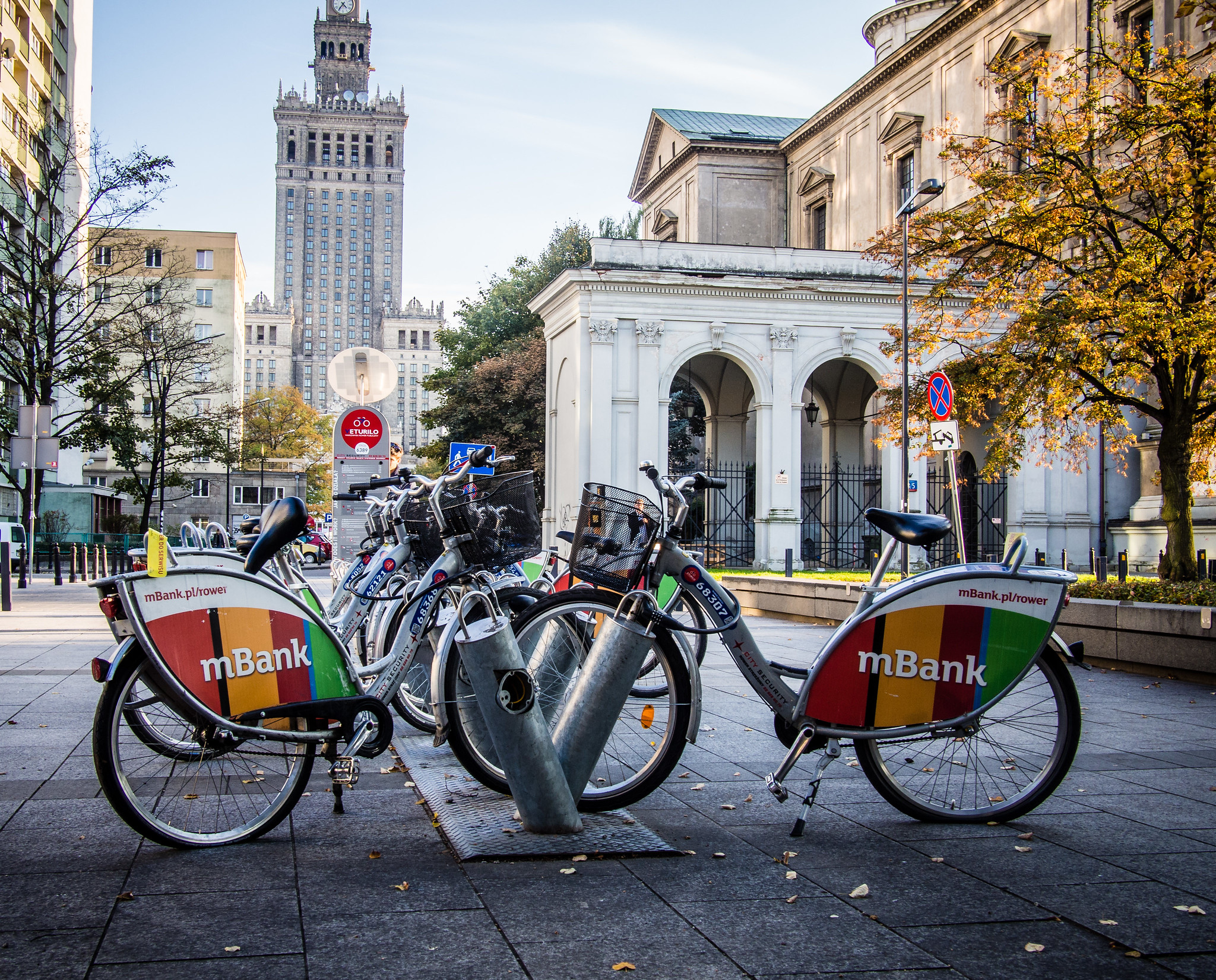Closing Gaps in the Passenger Transport Policy Framework
This project is completed. It aimed at reducing emissions from passenger transport in Hungary, Lithuania, Poland and Romania by improving the respective policy frameworks.

Project info
Hungary, Lithuania, Poland, Romania
11/20 - 06/23
Local governments, Non-governmental organisations, Public sector, Civil society, EU institutions, National governments
645,058.52 €
Contact info
Andrzej Ancygier
- Association 2Celsius
- Centre for Sustainable Development
- Clean Air Action Group (CAAG)
- WiseEuropa - Foundation Warsaw Institute for Economic and European Studies
Background
Numerous gaps and overlaps characterise the policy frameworks on emissions from passenger transport in Hungary, Lithuania, Poland, and Romania. This makes them ineffective and inefficient. The frameworks fail to adequately address the environmental and health-related costs of carbon-intensive modes of transport. Thus, they are not able to promote solutions that could contribute to cutting emissions and improving citizens’ quality of life. Furthermore, the frameworks do not adequately include other sectors such as urban planning, digitalisation or employment.

Project
To achieve its goal, the project first conducted a comprehensive transport policy mapping for each of the selected countries using a Transport Emissions Disaggregation Tool (TEDi Tool). This allowed to quantify the impact of different drivers on emissions and to identify which measures contribute to emissions reductions while increasing low-carbon mobility options. On the basis of this assessment, the project provided recommendations on improving the policy frameworks. In doing so, it also relied on best practice examples from other countries, regions, and cities and adapted them to local circumstances. Furthermore, the project identified interlinkages with other policy areas, using inter-sectoral cooperation to support the transformation towards a net-zero passenger transport. Policy measures have to ensure participation of all stakeholders if they are to be accepted and considered relevant by society – therefore, the project made sure to involve local decision makers, mobility providers as well as representatives of civil society, academia, and industry into each step of the project.
Results
- One interactive Transport Emissions Disaggregation Tool (TEDiT) has been published and has been updated in May 2023 with the most recent available data (until 2021). It allows viewers to see the main drivers of emissions and mobility to better assess the impact of the emissions. TEDiT is accompanied by short reports illustrating how emissions from the respective modes of transport can be reduced. To increase the uptake of the tool, it has been published in four languages spoken in the selected countries. TEDiT, along with with selected best practices, has been presented during the Clean Transport Week in May 2022.
- Four policy briefs summarized a package of measures that taken together could close the gap and reduce overlaps in the policy framework influencing passenger transport in the selected countries. To increase the readability and impact of the Technical Report, it was split into shorter reports, resulting in four National Technical Reports, each dealing with one of the target countries. Also, a City Report has been published summarizing policy measures that could be used to reduce emissions in ten cities situated in the selected countries. The consortium also published four horizontal papers dealing with topics such as the impact of non-transport policy on emissions and mobility, transboundary local transport, and behavioral changes. All reports can be found here.
- The solutions to the challenges facing passenger transport sector have been discussed during eight workshops, four seminars, two conferences, and 27 bilateral meetings. All these events have been attended by combined at least 390 stakeholders, including 148 representatives of the governments, 39 representatives of different NGOs, and 14 representatives of academia.
Last update: July 2024
